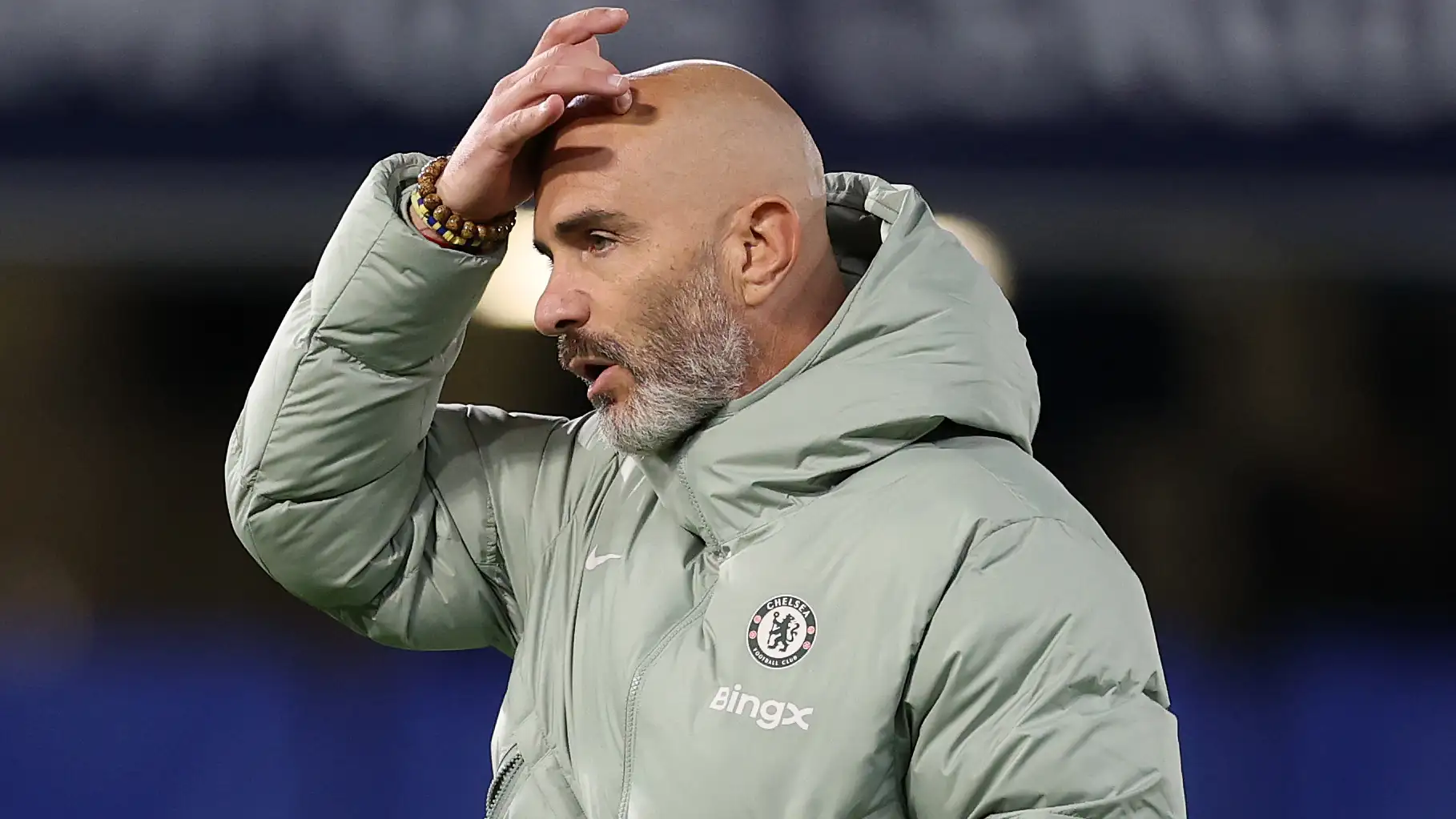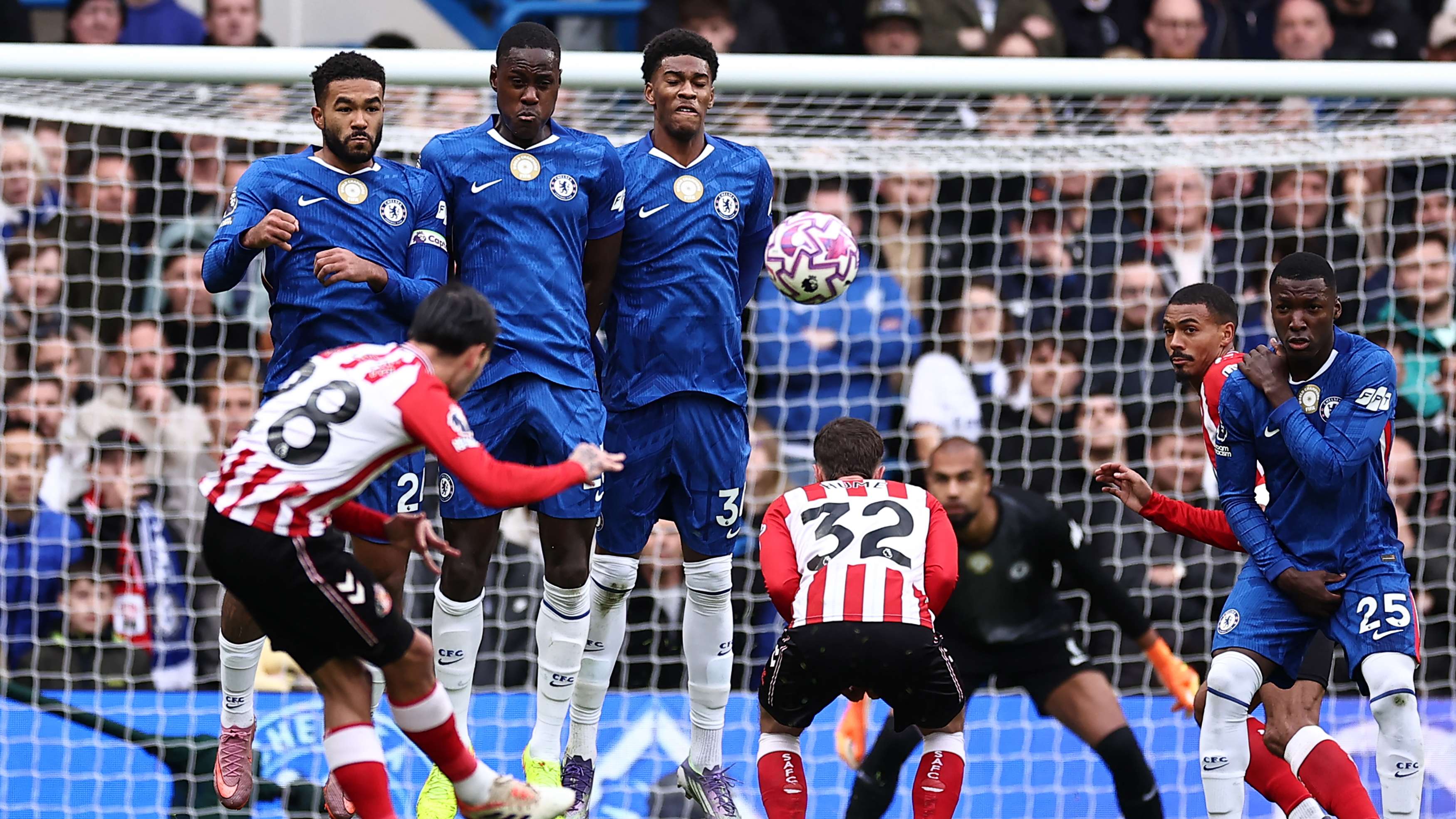
Chelsea’s Set-Piece Woes and the London Derby Test
Why Maresca is cautious about set-pieces ahead of Tottenham
When Enzo Maresca stood up at his pre-match press conference ahead of the London derby against Tottenham Hotspur, the focus fell squarely on one worrying facet of his Chelsea side: their deep-rooted vulnerability from dead-ball situations. Maresca, aware of the criticism, attempted to keep a measured tone — but the numbers and recent lapses speak for themselves.
Defensive cracks from set-pieces
Chelsea’s problems in this domain are multifaceted. They have conceded more expected goals (xG) from set-pieces than any other Premier League side this season, and nearly 40 % of their conceded shots arrive from corners, free-kicks or throw-ins. According to reports, their set-piece xG against stands at about 6.10.
That kind of statistic sets alarm bells ringing for any coach—and especially when facing a side like Tottenham, who have made dead-ball routines a significant weapon.
Maresca, however, tried to steer the narrative away from panic. He stressed that “set-pieces you are going to score goals and you are going to concede goals” and emphasised that his side are working on it. Whether that comfort will hold up against a team like Tottenham remains to be seen.
Tottenham’s dead-ball threat
On the flip side, Tottenham represent exactly the kind of opponent who will exploit such weakness. Their corners, free-kicks and long throws have already led to goals this season; tall defenders, aggressive delivery, and well-organised routines give them a platform. With Chelsea’s set-piece defending under the spotlight, this derby offers a double-edged test: it’s not just a matter of winning; it’s about not getting burned.
Maresca’s calm amid the storm

Wolverhampton Wanderers v Chelsea – Carabao Cup Fourth Round
Maresca’s public response is interesting. He did not sugar-coat the issue, but he also made it clear he does not think panic is needed. He pointed out that conceding from set-pieces doesn’t always mean structural failure—sometimes, it’s the nature of the game. At the same time, acknowledging “we are working on it” signals that internally the staff know the issue is a priority.
What that translates to on the pitch remains to be seen. The contrast between their open-play defensive statistics (which are fairly strong) and their set-piece numbers is stark. If Chelsea can keep their broader defensive shape, then some margin of error from set-pieces might be acceptable. But against a team geared to exploit them, that margin narrows significantly.
The match context: form, standings and mood
Chelsea head into the fixture somewhat inconsistently. The four wins, two draws and three defeats in their first nine league games tell a story of promise interspersed with frustration. Attacking performances have shown bright moments—scoring five in a game, for example—but defensive lapses, especially from dead-balls, have cost points.
On the other hand, Tottenham’s own home form has been patchy; yet their set-piece proficiency means they always carry a threat, especially when facing sides vulnerable in such areas. For Chelsea, this is more than just a London derby — it’s a chance to demonstrate that they can shore up a clearly identified weakness and move toward more consistent performances.

FBL-ENG-PR-CHELSEA-SUNDERLAND
What to watch during the game
- Corner and free-kick delivery: How well Chelsea defend the runs and zones inside their box will matter. If markers switch off or lose their men, it could lead to disaster.
- Second-ball battles: A lot of goals from set-pieces come from loose balls after the first header or clearance. Chelsea must stay alert.
- Mental/physical match-ups: Tottenham’s tall defenders and aerial threats pose specific challenges—if Chelsea’s personnel struggle in those duels, the advantage could swing.
- Set-piece routines: Will Chelsea show signs of improvement in defending zones and organising routines? Or will Tottenham’s familiarity and execution give them the upper hand?
- Open-play vs set-piece balance: If Chelsea dominate open play but concede from set-pieces, the result may still feel unsatisfactory. Bridging that gap is key.
Final thoughts
Maresca’s calm confidence is understandable, and as a columnist writing for a sports magazine one can sympathise with his approach: practical, measured, aware of the issues but not panicking. The challenge though is real. Against Tottenham — a club that knows how to make set-pieces matter — Chelsea must show that the vulnerability is being addressed, not merely acknowledged.
If they can survive the set-piece threat, they might just tilt the balance in their favour in this derby. But if those same old lapses occur, the weaknesses will be magnified in a match of this intensity. Either way, it promises to be a compelling contest for fans, analysts and those of us scribbling the lines come game-day.


























There are no comments yet. Be the first to comment!